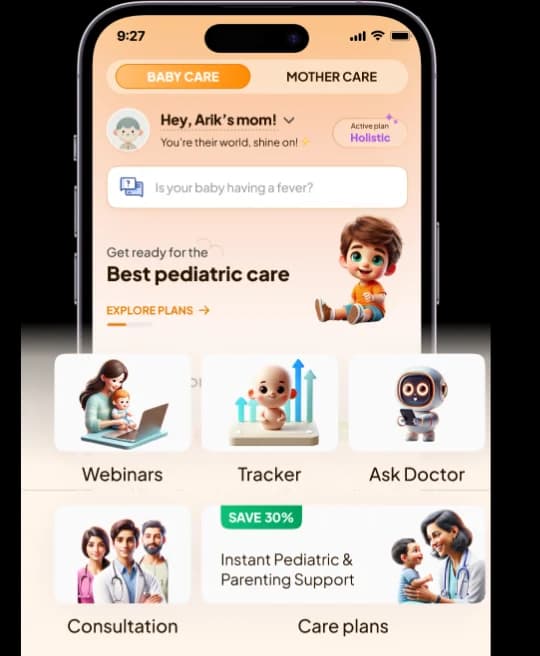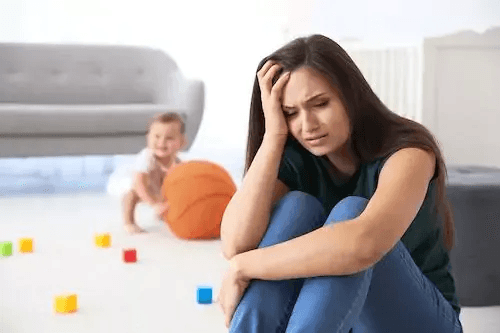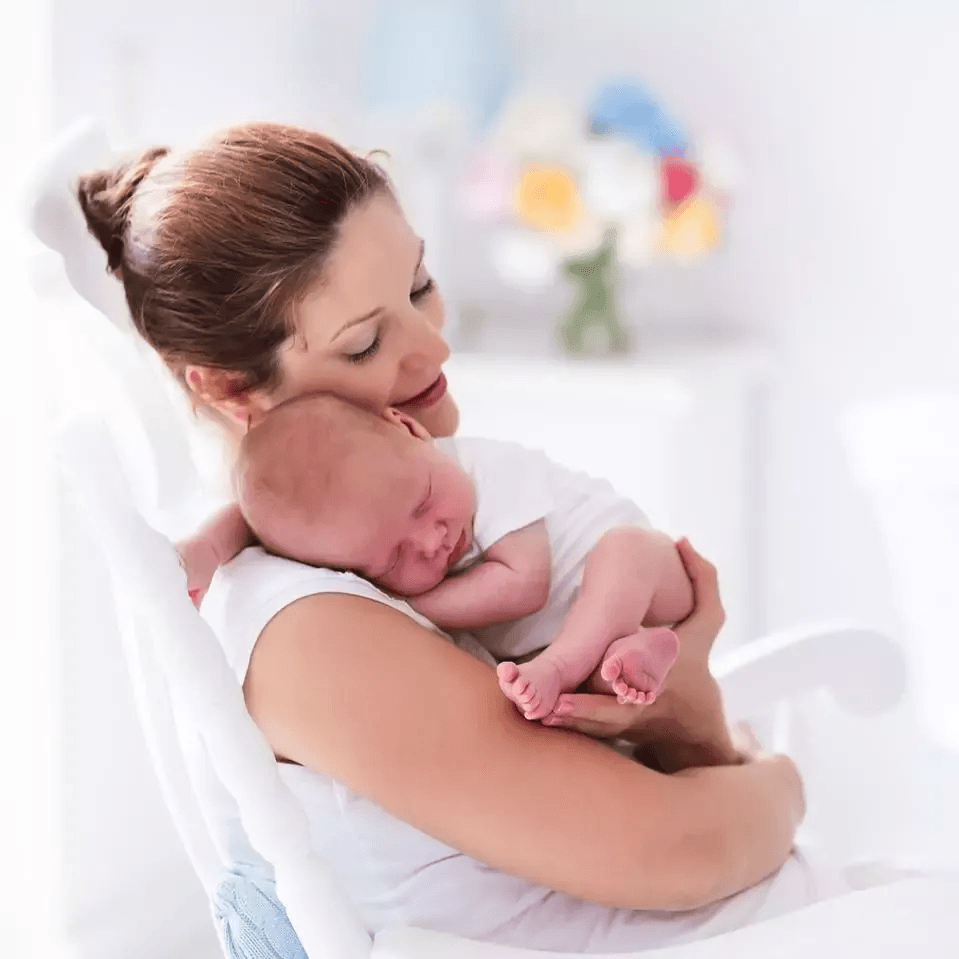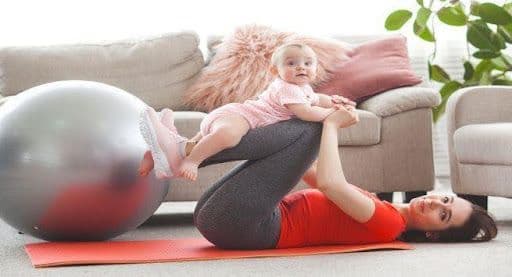
Are you a new mother concerned about the hair loss you’re experiencing after giving birth? Don’t worry, it’s a common occurrence. In this article, we’ll explore what causes postpartum hair loss and some natural remedies that may help control it. So, if you’re tired of seeing your comb clogged with hair strands, keep reading!
Why Do Women Experience Hair Loss After Giving Birth?
Hair loss after childbirth is temporary and normal. Hair will typically return to normal within one year after giving birth. No need to worry, just relax and enjoy time with your child.
Is Hair Loss Normal After Pregnancy?
Hair loss after pregnancy is normal and temporary, and it occurs due to hormonal changes. Here are the main points:
- Hair loss postpartum is a natural process that affects many women.
- During pregnancy, increased oestrogen levels lead to thicker and stronger hair growth.
- After delivery, oestrogen levels drop, and hair follicles enter a resting phase, leading to hair loss.
- The shedding period lasts for 6-8 months, but the amount of hair loss can vary among mothers.
- If hair loss increases significantly, it’s best to see a doctor.
How Long Is Postpartum Hair Loss?
- Postpartum hair loss is a type of hair loss called “telogen effluvium.”
- It typically occurs within the first 3-6 months after giving birth.
- The condition goes away on its own within 6-8 months of onset.
- Proper hair care, nutrition, and other remedies can help manage postpartum hair loss.

Postpartum Hair Loss Home Remedies
Some home remedies can help maintain your hair healthy and encourage hair growth. These home remedies also help reduce postpartum hair loss and damage:





